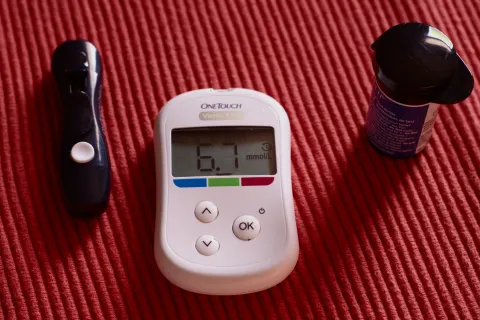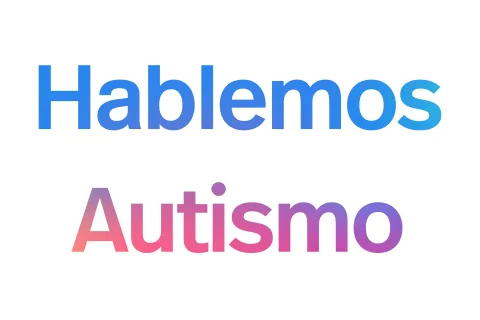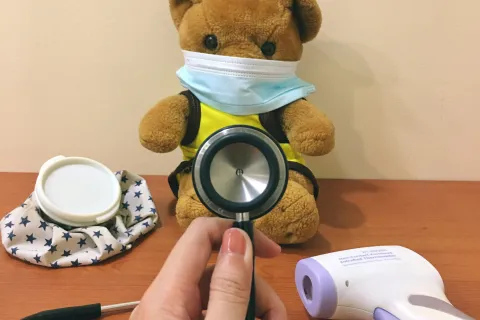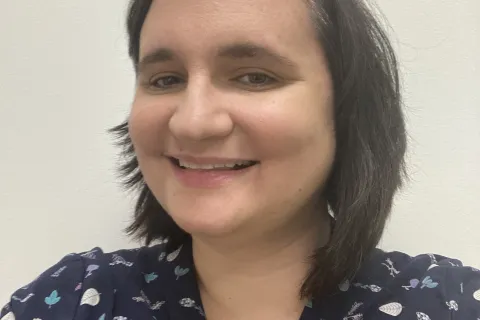Self-advocacy tips for LGBTQ+ autistic adults seeking medical care
By Lydia WaymanIn the three years since the first large-scale survey found a wide range of health disparities among LGBTQ+ autistic adults, including high rates of mental health conditions, unmet needs for mental and physical healthcare services and even medical providers denying them services, little has changed.
It is little wonder then that a 2022 survey by SPARK found that autistic adults who identify as having a minority gender or sexual orientation are more likely than their non-LGBTQ+ peers to report diagnoses of anxiety, panic, eating disorders, substance misuse disorders, bipolar disorder, depression, obsessive-compulsive disorder and post-traumatic stress disorder. More, it is deeply troubling that the Trevor Project also released a report last year finding that LGBTQ+ youth who were diagnosed with autism had over 50% greater odds of attempting suicide in the past year compared to those who had never been diagnosed with autism.
“While more attention is being paid to this area since the 2020 study, the healthcare system is still not currently working for many LGBTQ+ autistic adults,” said Dr. Andy Shih, Chief Science Officer at Autism Speaks. “A great deal of work must be done to address their fundamental health equity issues and at a minimum, all providers must become better aligned with guidelines in clinical care.”
So what are LGBTQ+ autistic adults to do while the healthcare system catches up? Self-advocate, according to Zosia Zaks, M.Ed., C.R.C., an autistic, transgender counselor who has worked with hundreds of autistic teens and adults. His expert advice follows:
Self- advocacy tips when seeking medical care
- Before going to an appointment or procedure, write down or print out your concerns. If it gets too hard to talk, you can hand your questions and concerns to a provider.
- Knowing about your needs in advance can help you prepare for a visit to a health care clinic, hospital or office. Do you have sensory issues? Do you get overstimulated? What do you need to be comfortable — sunglasses, headphones, a puzzle? Do you need your phone charged and ready so you can distract yourself? If you get very upset, what helps you? You can also ask health care providers for something in advance, if you know it would help, such as a quiet waiting room.
- Providers should use your preferred name and pronouns. If they won't or if they tell you they can't, talk to someone in charge. Sticking up for yourself can be hard, but you have a right to be called by the name of your choice and to have people use the pronouns you want them to use.
- In many states, a disabled person is allowed to bring someone along for appointments, tests, procedures, hospital visits and treatments to help you communicate or take notes for you, to help you with daily living tasks and to help you navigate the process. If healthcare providers refuse, ask them what the policy is for disabled people having an assistant. They may not be aware of the policy. If no one seems able to help you, again, try to talk to someone in charge. This can be hard to do, but you have rights.
- No one can deny you gender-related health care just because you are autistic, are intellectually disabled or have a mental health condition. You still must comply with the same procedures as everyone else, but you cannot be refused outright. Speak up if this happens to you.
- Several of these tips suggest talking to someone in charge. That can be difficult or anxiety-provoking. Most healthcare centers and hospitals have a social worker on duty or a "patient ombudsman" whose job is to help you advocate. A social worker or ombudsman can help you figure out your rights, complain if necessary and get the help you deserve.
- If you need help remembering your appointments, most healthcare offices have apps now that can text you reminders. You can even sometimes use the apps to communicate with doctors and nurses, make appointments, reschedule or cancel appointments and request medication refills. These apps can make health care much easier, so ask the office if they have an app you can use.
- If you do not use speech, you have a right to communicate with your health care provider in a way that works for you. For example, if you use an AAC device, the healthcare provider needs to wait for you to type out answers to questions. If you use American Sign Language (ASL), the hospital should have an interpreter. If you need the doctor to write down instructions, that is a very reasonable request. If English is not your main language, all hospitals have translators, but you often have to request a translator — they don't automatically know you need one.
- It would be nice if all healthcare providers were trained in autism and in LGBTQ+ issues. Unfortunately this is not the case. While it isn't necessarily fair, you may have to explain what your autism means to you or what you need as an LGBTQ+ person. Thinking in advance about how you might explain what you need, what you can or cannot do and what strategies work for you can reduce the stress when you encounter a provider who does not understand yet. And you will likely make a difference for those coming after you.
- Lastly, you have the right to say no. Healthcare providers give us information and choices. Ultimately, your health treatments are your decision. If you ever feel pressured or uncomfortable about a health care decision, talk to someone you trust right away to get support.
Learn more: LGBTQIA+, Gender and Sexuality Resources
About the author
Lydia Wayman is an autistic advocate with a B.S. in education and an M.A. in English and nonfiction writing. Through her presentations, writing, and art, she uses her experience to support families and professionals by helping them understand how autistic kids see the world. She has worked at an autism resource center, mentored youth with disabilities, and spoken at Girl Scout events, parent-led groups, and conferences with her autistic peers. Her writing has appeared in magazines, books, and newspapers, and she has helped to develop several training programs and professional courses. Her work for Autism Speaks includes articles on coping with the holidays and Social Media, and the Roadmap to Self-Empowerment for Autistic Adults, among others.











